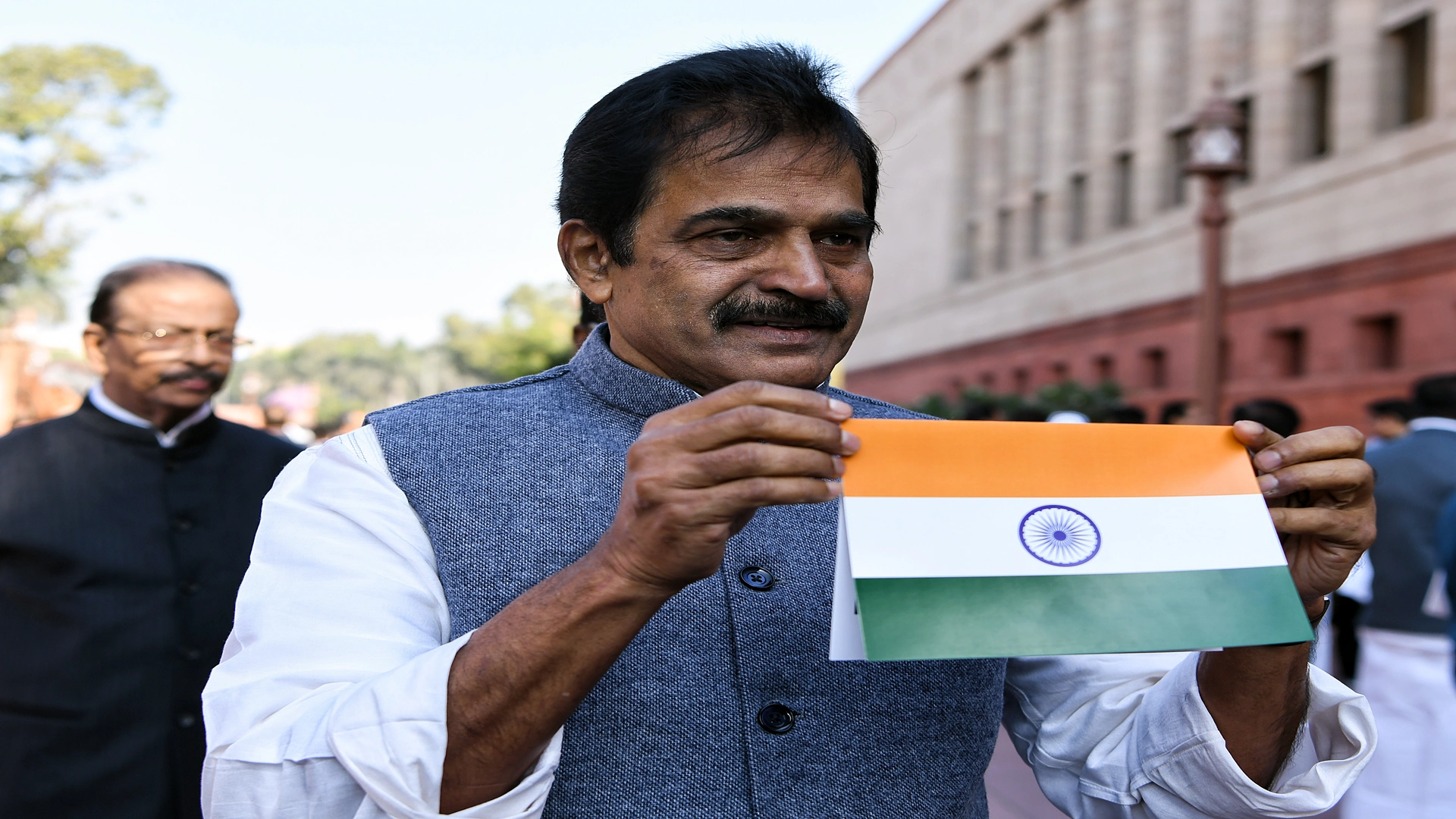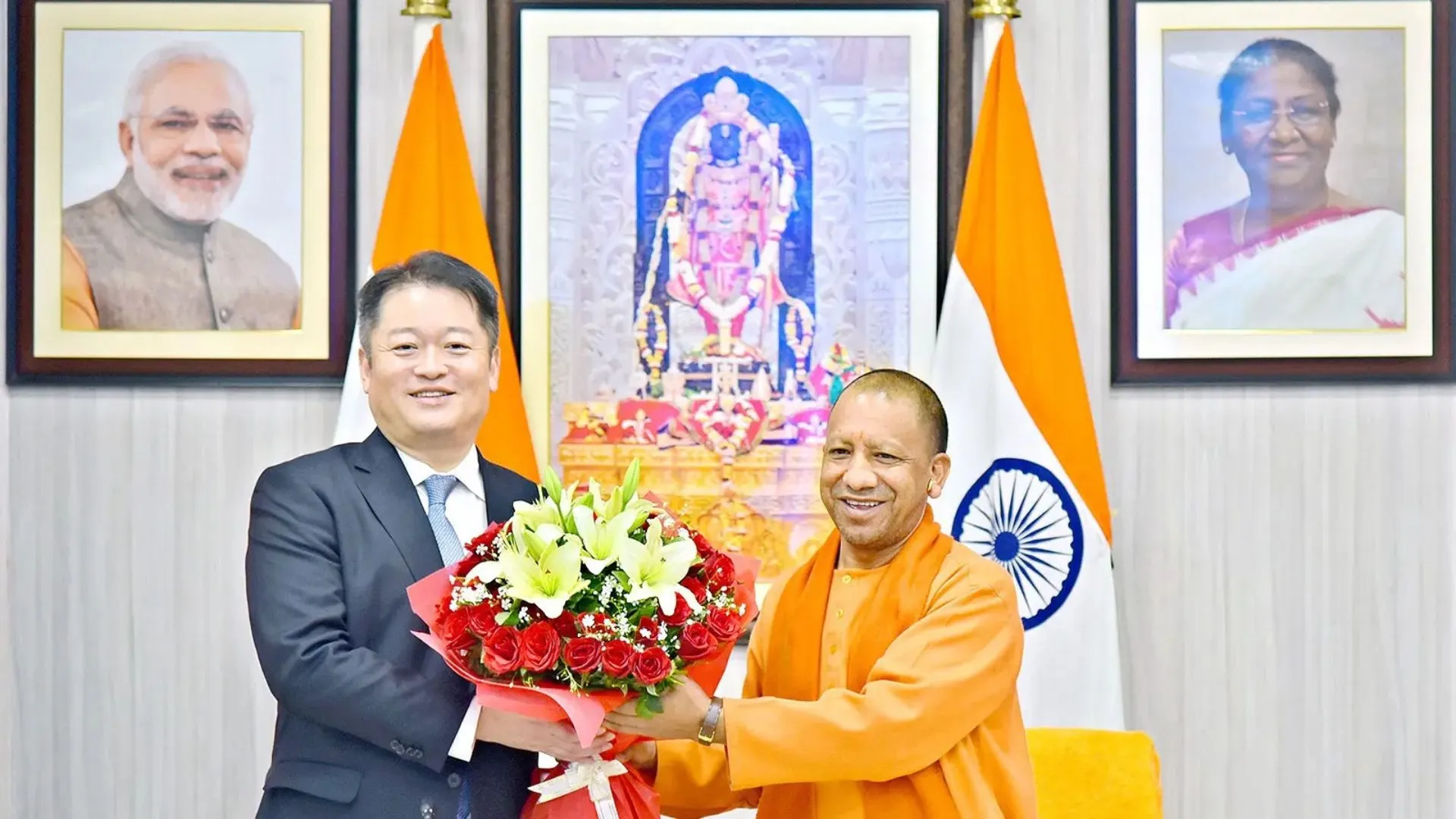Speaking at “The Friends of Mumbai Awards,” Puneet Chhatwal, representing one of the country’s renowned hospitality brands, Taj Hotels, expressed optimism about the future of the hospitality sector in India. Chhatwal, who is associated with a brand with over 120 years of legacy, highlighted the need-driven, experience-oriented, and growth-fueled trajectory of the industry.
Chhatwal sees the current phase as just the beginning of a long cycle for hospitality, citing India’s ascent to becoming the third-largest economy by 2030. He emphasised the significant impact of the government’s infrastructure investments, such as highways, train station renovations, airport expansions, and aircraft acquisitions, on the sector’s growth.
Recognising the potential for job creation, Chhatwal noted the hospitality industry’s reputation as a high job multiplier, creating 6 to 12 jobs for every position within the sector. He predicts that the sector will contribute significantly to India’s GDP growth in the next 5 to 10 years.
The conversation also touched upon the changing dynamics within the industry, with a shift towards exploring new destinations beyond traditional luxury and metropolitan hubs. Chhatwal highlighted the emergence of tier 2 and tier 3 cities, citing examples like Agra and Tirupati, which became focal points for hotel development. Additionally, he emphasised the rising importance of spiritual destinations, considering the holistic approach to spirituality embedded in India’s culture.
Chhatwal acknowledged the resilience of the hospitality sector, having weathered the challenges of the COVID-19 pandemic. He expressed gratitude for the support provided by many hoteliers who kept their facilities open during lockdowns and even contributed to isolation centres.
On the topic of the wedding market, Chhatwal emphasised India’s unique position as having one of the strongest wedding markets globally. He sees weddings not only as celebrations but also as social events that bring families together, contributing significantly to the hospitality sector.
In conclusion, Chhatwal remains hopeful about the industry’s future, citing positive signs of recovery and growth post-COVID. He underlined the importance of staying adaptable to changing trends and continuing to embrace new opportunities in the evolving landscape of India’s hospitality and tourism sectors.
India, known for its rich cultural heritage and diverse traditions, is home to the world’s strongest wedding market. Weddings in India are not just celebrations; they are grand social events that bring together numerous families. This unique aspect of Indian weddings often surprises Westerners, as one might find themselves attending a wedding without personally knowing the bride or groom.
The Indian wedding market is a significant contributor to various sectors, including jewellery, gifting, hospitality, and restaurants. As weddings are deeply ingrained in India’s cultural DNA, this trend is expected to continue, providing a steady boost to these sectors.
With initiatives like ‘Make in India’ and ‘Heal in India’ gaining traction, the concept of ‘Wed in India’ is also emerging as a positive development for the sector. However, despite the robust domestic market, there is a need for increased efforts to attract international tourists and investors. Industry insiders have expressed concerns that India is not doing enough to showcase what it has to offer the world.
Currently, India’s foreign tourist arrivals are at 60% of the pre-G20 numbers, indicating a need for more proactive measures from both the sector and the government at the central and state levels. The goal is to increase foreign tourist arrivals from the current 10 million to an aspirational 100 million by 2047.






